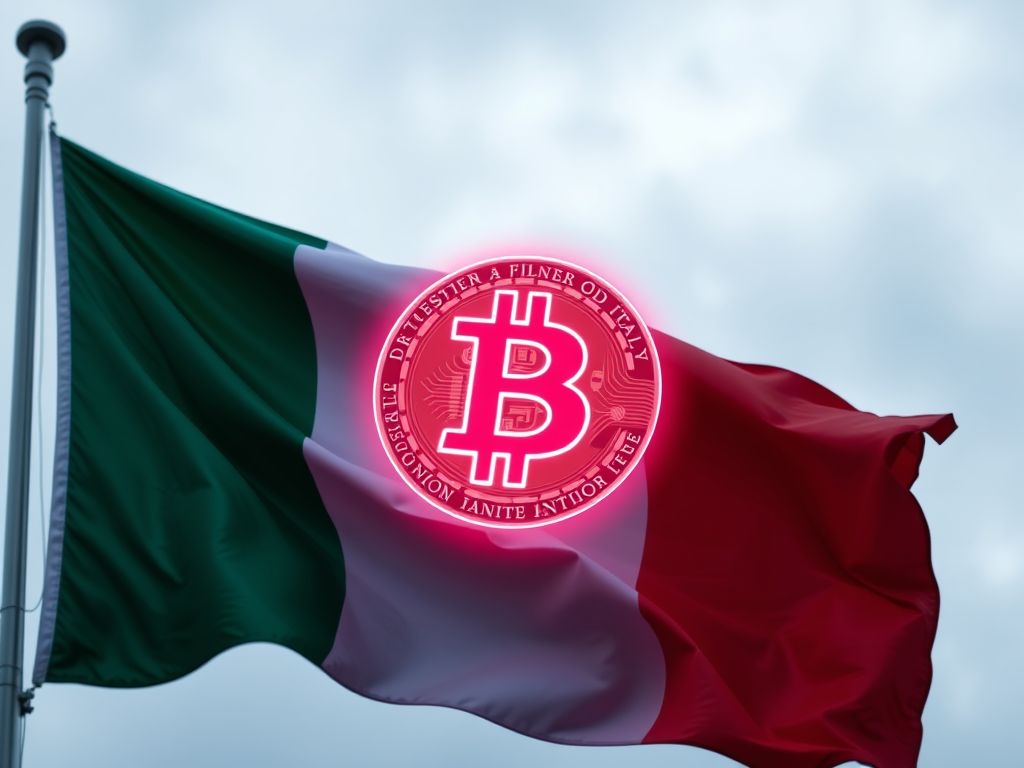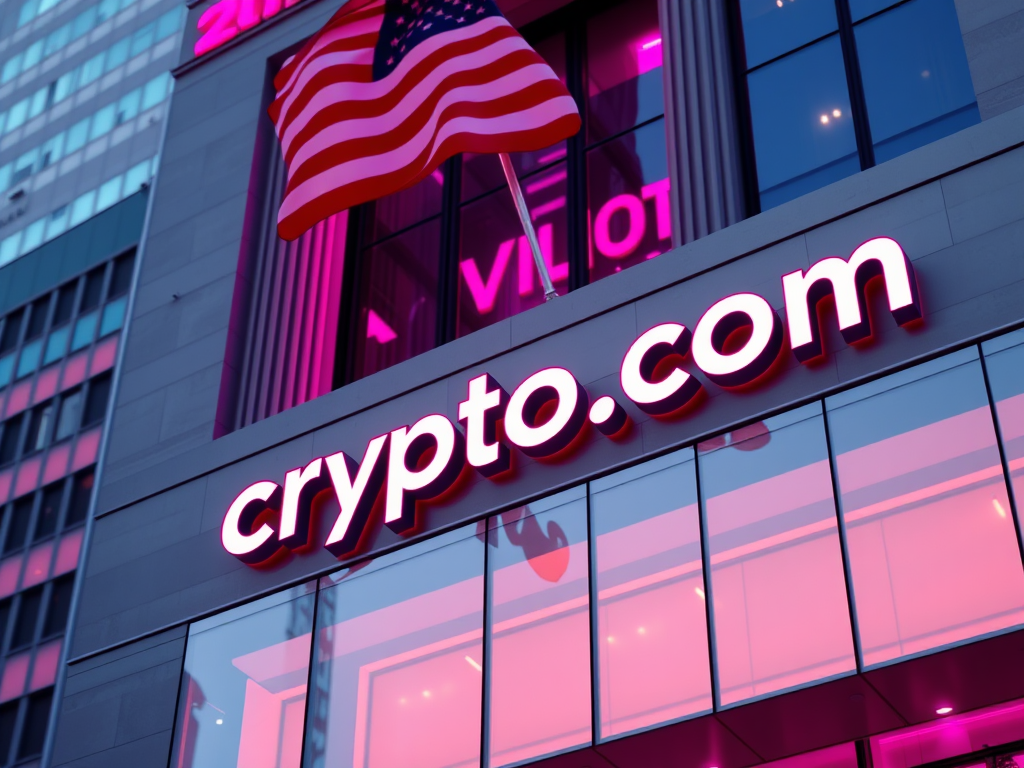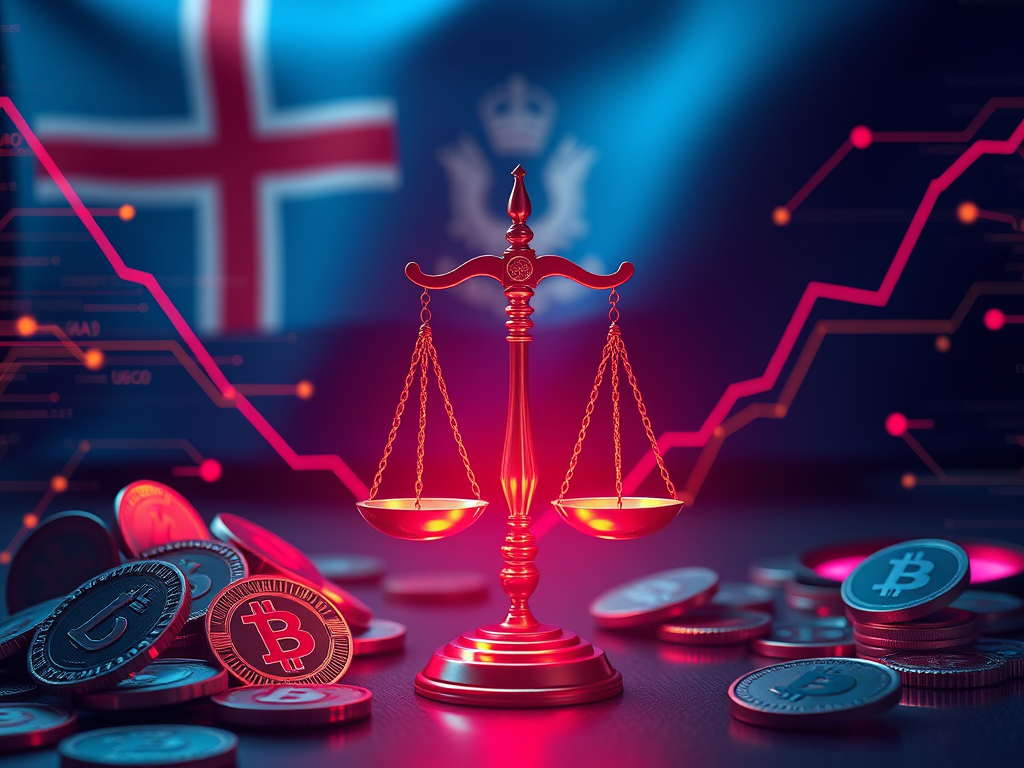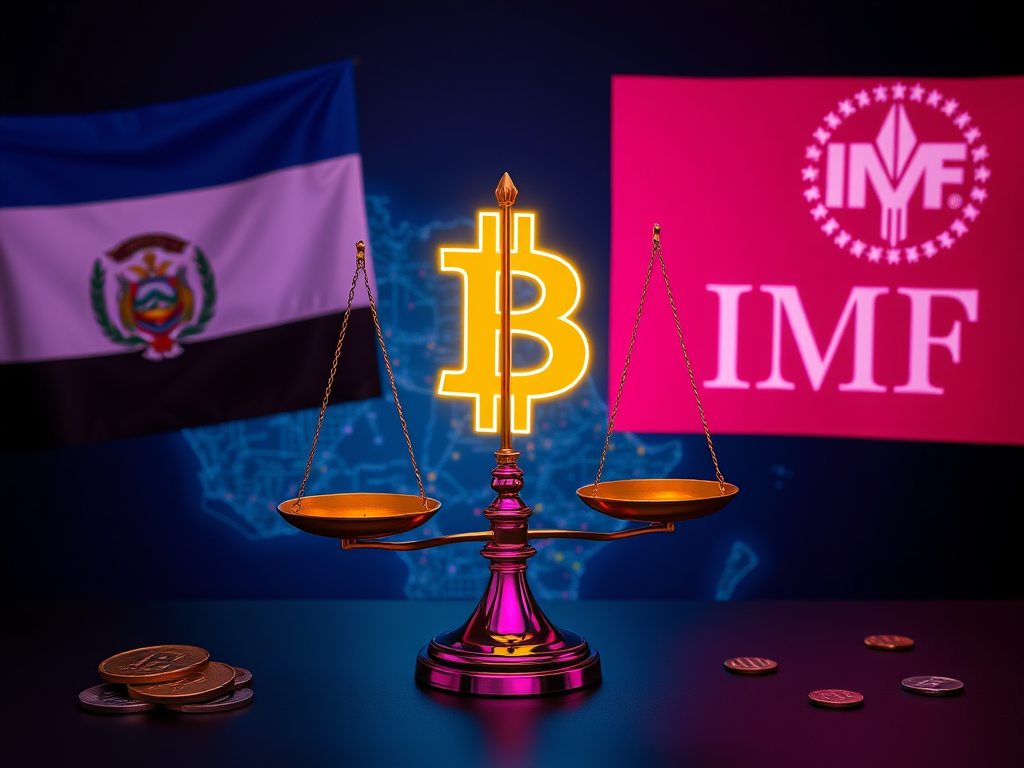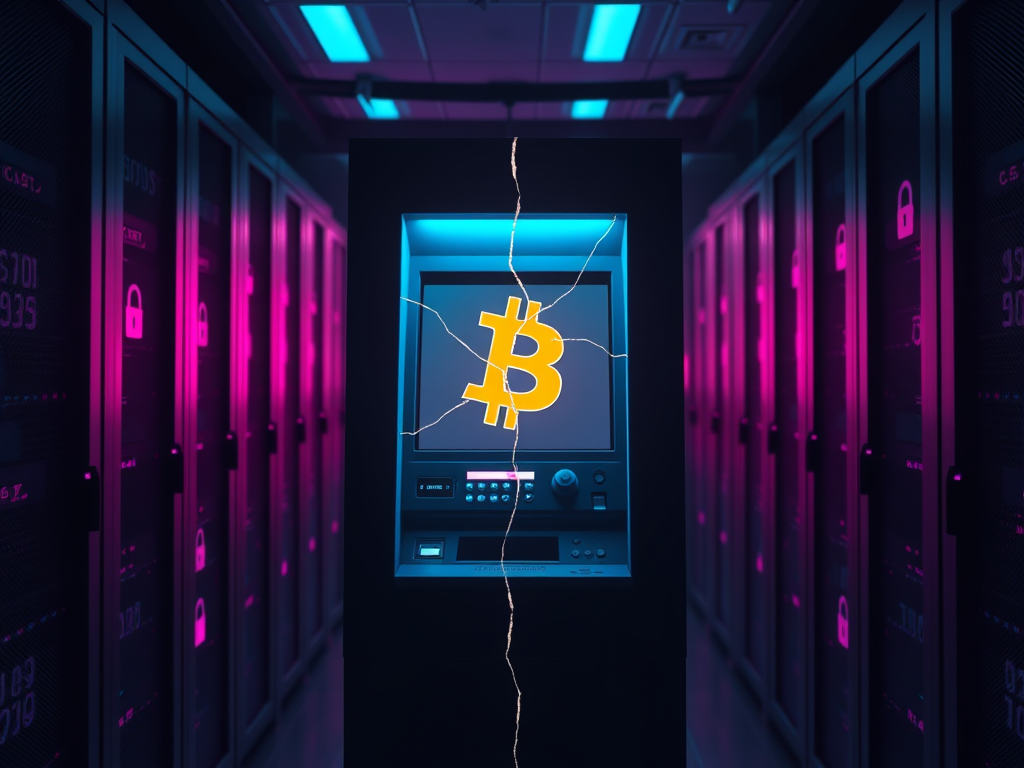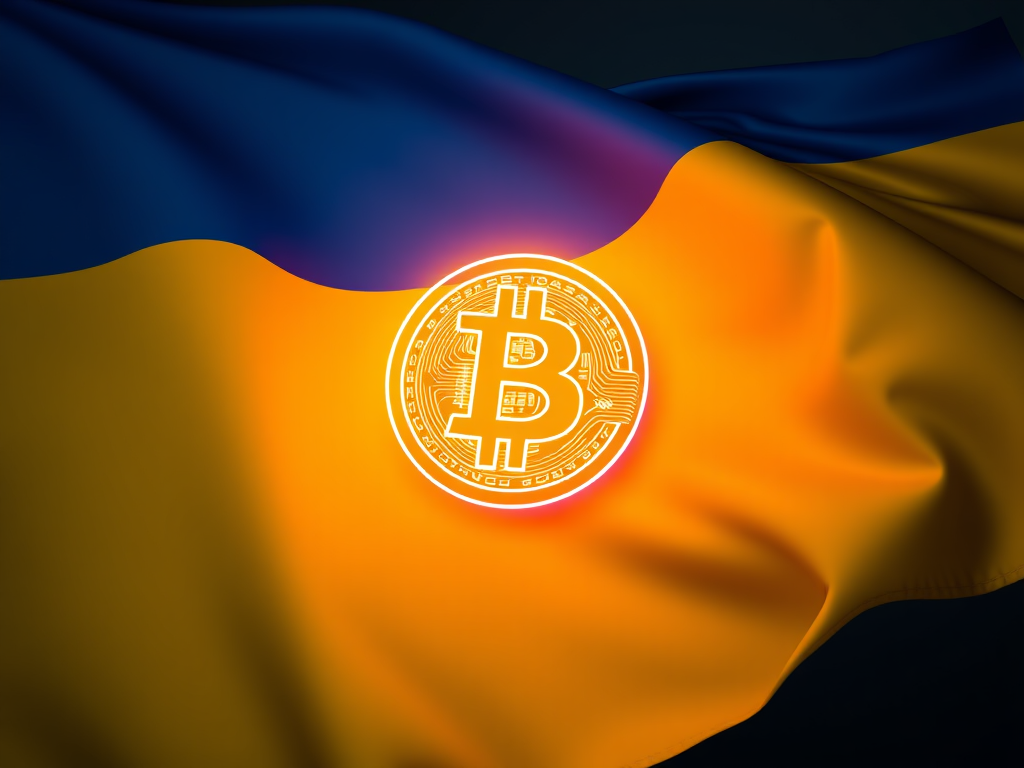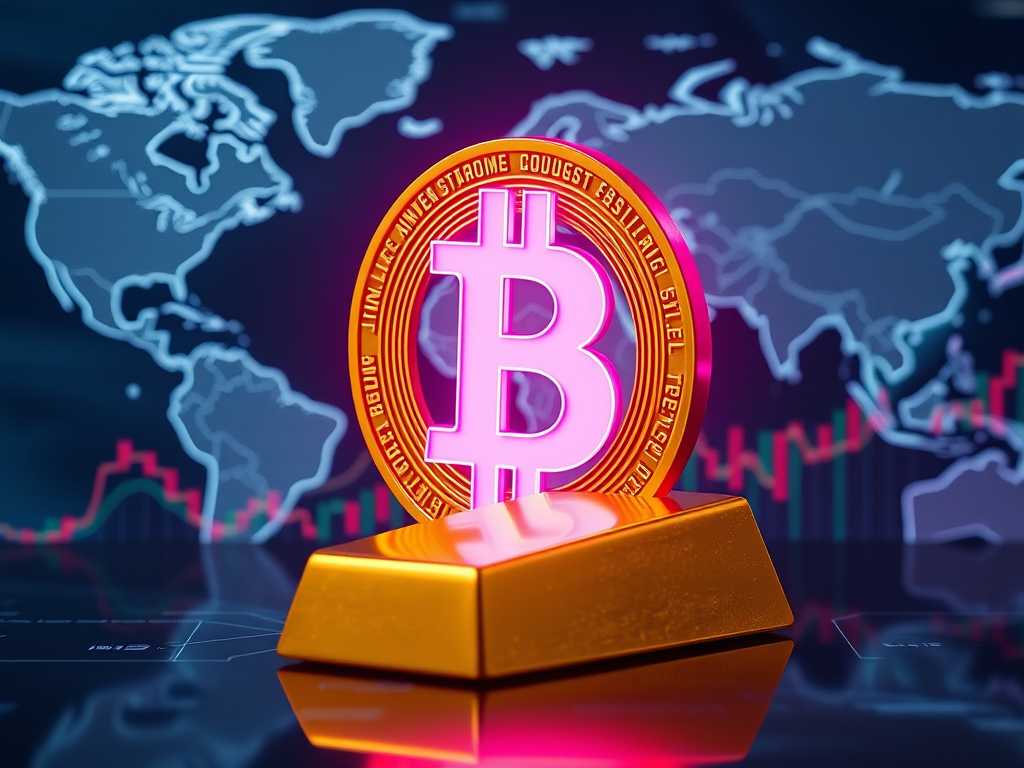Key Points
- Italian government is reconsidering its planned cryptocurrency tax hike after facing industry backlash and internal party disagreements, potentially maintaining the current 26% rate instead of raising it to 42%
- The decision reflects growing political sensitivity around cryptocurrency regulation, with ruling party members expressing concerns about driving transactions into the shadow economy
Government Backtracks on Crypto Tax Plans
In a significant policy shift, Italian lawmakers announced on Tuesday that they will substantially scale back previously planned increases to cryptocurrency capital gains taxation, according to Reuters. The announcement comes amid mounting pressure from industry stakeholders and internal disagreements within the ruling coalition.
Political Response and Industry Concerns
Treasury Junior Minister Federico Freni and lawmaker Giulio Centemero, both members of the co-ruling League party, issued a joint statement emphasizing their commitment to reducing the proposed tax burden. “No more prejudices about cryptocurrencies,” they declared, signaling a more accommodating approach to the digital asset industry.
The original proposal, included in the 2025 budget, would have seen taxation on capital gains from cryptocurrencies like Bitcoin surge from 26% to 42%. However, the League party raised concerns that such a dramatic increase could potentially drive transactions underground, fostering a shadow economy.
Future Outlook
Political sources indicate that the government might abandon the tax hike altogether, maintaining the current 26% rate. The final decision will be part of the 2025 budget, which requires parliamentary approval by the end of December. This development suggests a more measured approach to cryptocurrency regulation in Italy, balancing revenue generation with industry sustainability.
The policy reversal reflects the growing recognition of cryptocurrencies’ importance in the financial landscape and the need for balanced regulation that doesn’t stifle innovation or drive transactions into unofficial channels.
